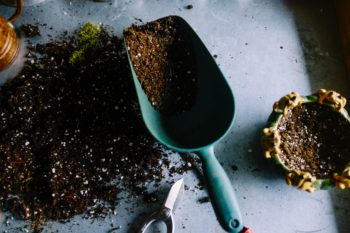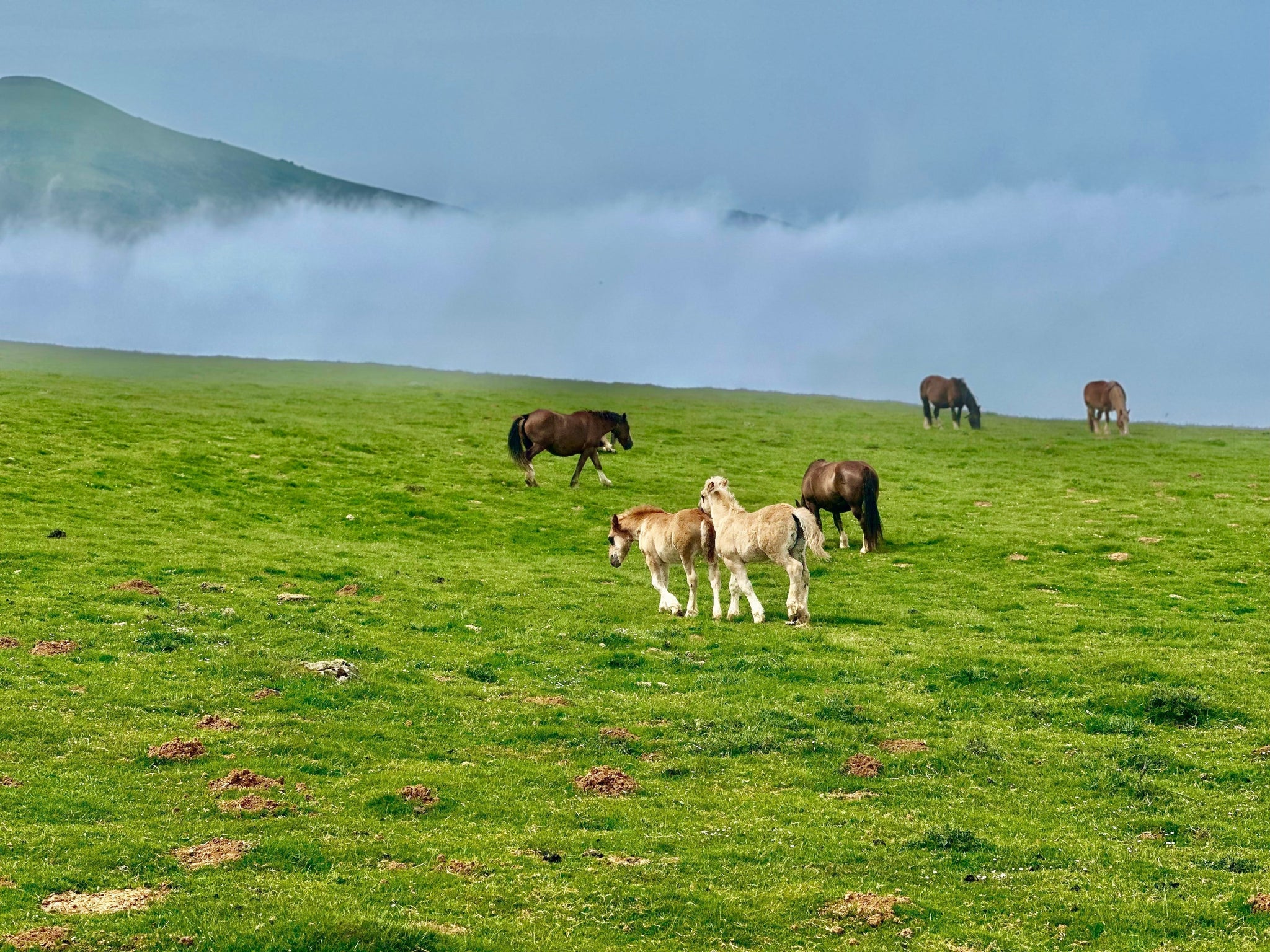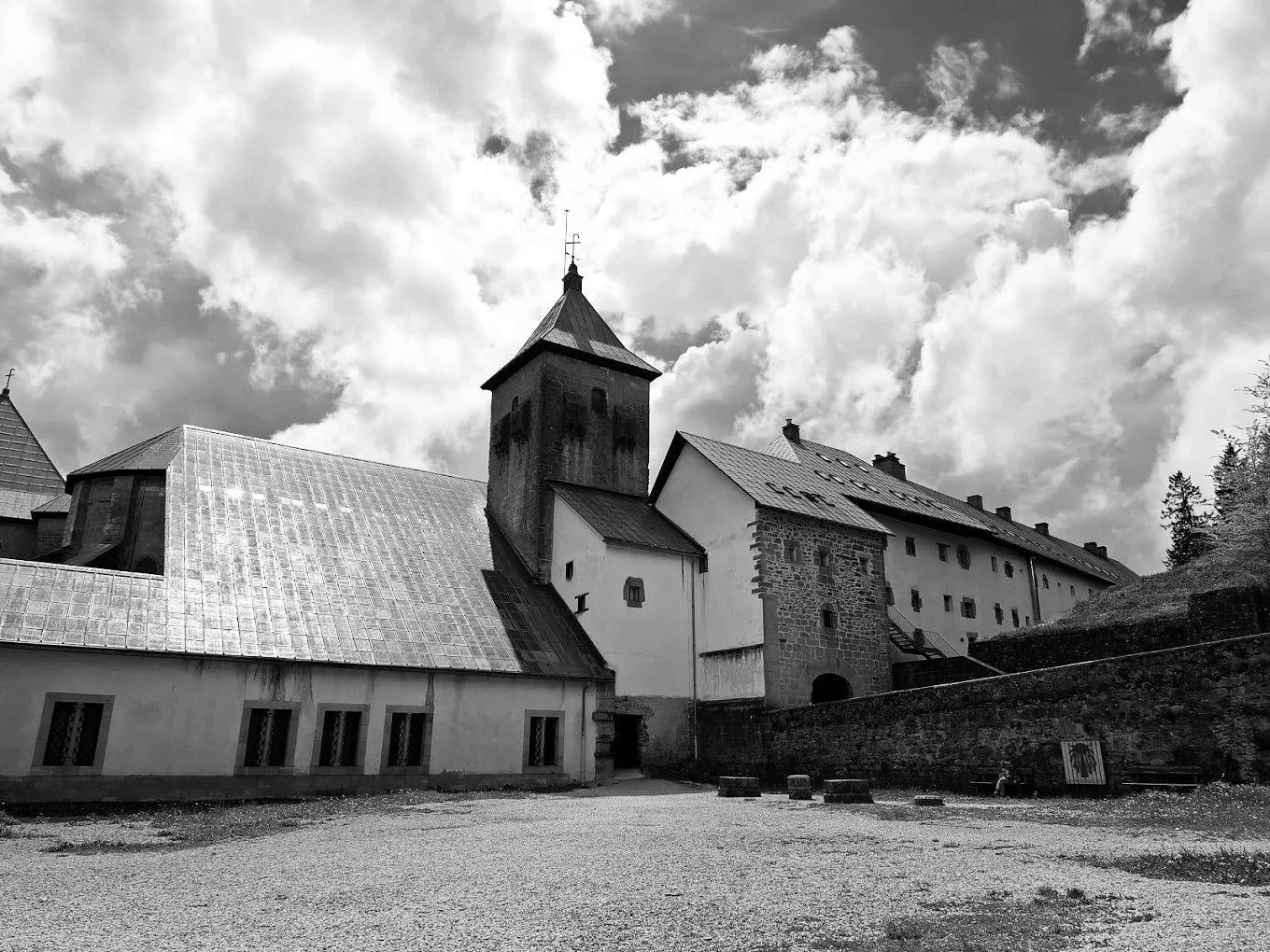
The puzzle room is occupied by two women—huddled in the padded chairs, conversing. I’ve made my way to the backside of the library—lined with a row of floor-to-ceiling windows jutted up against a dense forest.
The sun is pitched high in the sky—unencumbered by clouds—painting more-white the few birch peppered among the ample pines. Among the coniferous species, these imposing hardwoods—known for their flaky bark that burns so vigorously in woodstoves—stand out like skeletons, bleached and wiry.
Thirty-six degrees feels balmy after the recent stretch of below zero temperatures—days so cold wool-covered fingers ached and children’s cheeks grew rosy dangerously fast as they played on the swing. Layers of clothing have been shed, the build up of winter’s accumulations rapidly turning to liquid.
Growing heavier in its altered state, the snow tumbles down clumsily from high above in the trees leaving the bottom branches flapping—like wings.
Birds—awakened by this January thaw—flit around praising the warmth. A chainsaw gnaws in the distance and I keep my head tilted upward—absorbing the blue sky through branches. The places behind my eyes soften—like tepid puddles.
I could cry for the beauty of just being.
In a world so entranced by production and acquisition, quiet sitting and reflecting feels like a weighty act of rebellion.
The relief from the fierce chill is like a heavy backpack stripped off and placed on the ground—mirroring the sensation of living when life’s trials have eased.
A slight breeze kicks up and all of the branches begin to flutter ever so slightly—the peaks of the trees sway almost imperceptibly from side to side in a gentle rhythm as if in response to a silent symphony playing out the story of the lifting freeze.
My friend dropped off a milk crate and three plastic bags filled with plants I offered to adopt when her mother moved to a nursing home. Many of the plants were wilted and in need of care. Five of them were orchids.
I had warned her of my troubled history with most houseplants even as I hoped voraciously to offer them a loving home. I don’t think she believed me.
I wondered if she thought my affinity for all things green translated into an innate ability to sustain life force deeply dependent on a precarious balance of light, water and nourishment.
“I know you have a green thumb,” she said when she dropped the plants at my house—like orphans in a basket on a doorstep—the weather still frigid then.
Jonah and I took the bags and crate from her in the doorway by the garage—brisk air blew into the toasty, warm kitchen. In our socks we stood on the floral rug and waved goodbye, thanking her, she thanking us.
There are a slew of orchids that have died within my care. Exquisitely beautiful and promising in the grocery stores and garden centers, they are short-lived in my home.
Placing an ice cube in their soil religiously on Fridays—like a celebration of the coming Sabbath—I imagine them thriving. I take in their beauty as long as I can, somehow knowing their eventual fate.
Inevitably—as if inscribed in their design—I watch as their petals drop off and their leaves wilt.
I frantically over-water them. They quickly perish.
In the early morning after Autumn died, I walked aimlessly through a fluorescent-lit grocery store. Two robust and flowering plants caught my eye. I bought them both—their white flowers seeming a felicitous memorial to the loss of my beloved, feline friend.
Around Christmas I found in a hardware store two marine-colored, glossy ceramic pots and bought those too. I placed the plants in the pots in the kitchen where I could nurture them in the way I had Autumn—attentively and throughout the day.
Recently I read that grief is the overwhelming sensation of love with nowhere to land. Each time I’ve walked past these two plants —a cyclamen and a hydrangea—I have placed love in their midst. I have allowed their presence to soothe me. I have fretted over them, too.
I removed the various plants from the bags and crate and began tending to them. I snipped off dying leaves and topped off the pots with a bag of potting soil I had on hand.
My kitchen sink became filled with verdant leaves and soil circling the drain.
Outside the snow was hardening, inside a burgeoning conservatory was coming to life.
I found a spot on a plant stand in the corner by the stairs for the leafy bonsai that was thriving more than most of the new arrivals. I wondered whether I would know how to care for it properly, or if it would freeze to death being so near our large, front picture window that emanates cold, Maine, winter winds.
I felt intermittently hopeful and apprehensive—like toad, in the Frog & Toad story, “The Garden,” in which toad wants to have a garden like frog and proceeds to hover over his recently planted seeds anxiously—trying to will them to grow.
I recommitted to the other plants in our home that in some ways I have neglected. I fed them all with fresh soil and plant food and water. I made little arrangements of similar species, grouped together.
One of the largest plants was drooping badly. It was the last that I tended to. I removed many long, yellowing and some drying leaves. It drank up the water I poured into it. I placed it among a group of plants at the top of our stairs.
In the morning, I was encouraged to see that it—along with my own Christmas cactus that I’ve somehow managed to keep alive for eight years—had risen upright in the night. Its leaves stood tall and expansive. It radiated, “I’m alive, I’m alive” into the space.
Our home is bright in many ways. In the winter months, though, direct sunlight and warmth on windowsills are hard to come by. This can be difficult for all living beings.
I can give the plants water and attention and artificial light. In this season, I cannot bring them to the sun.
My hope is that the light I carry within—the energy I have in me that is seeking a place to reside—can find a place to land in these forces of nature nourishing them until the earth tilts toward the sun once again—lengthening our days and fueling our souls.
Subscribe to my mailing list!
Leave a comment (all fields required)
Comments will be approved before showing up.


